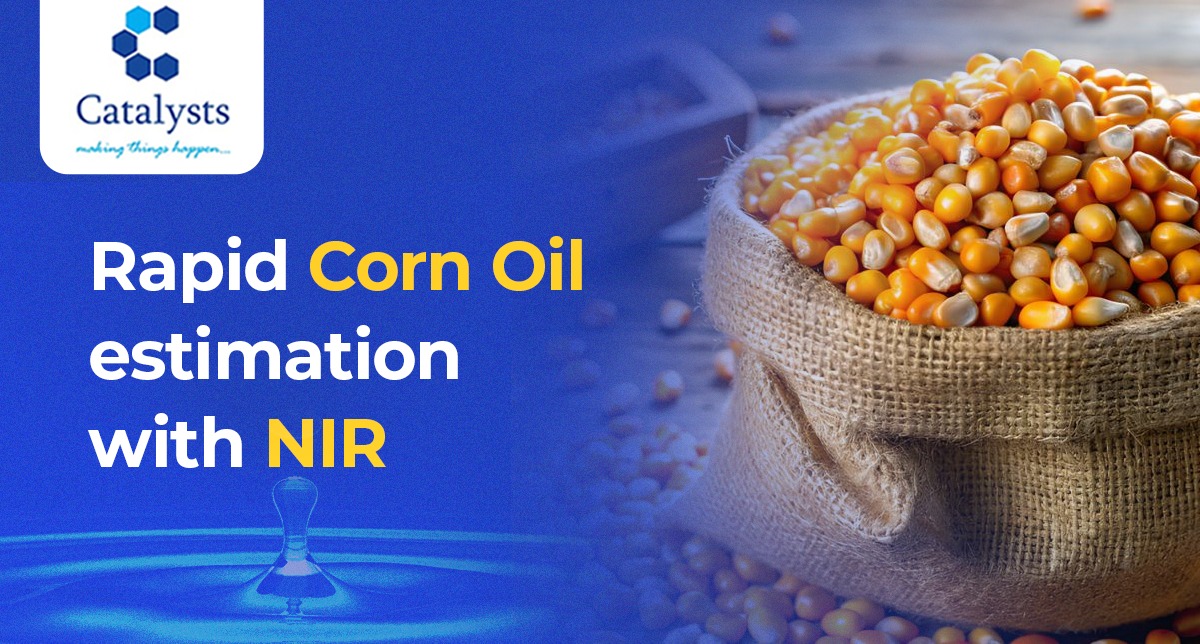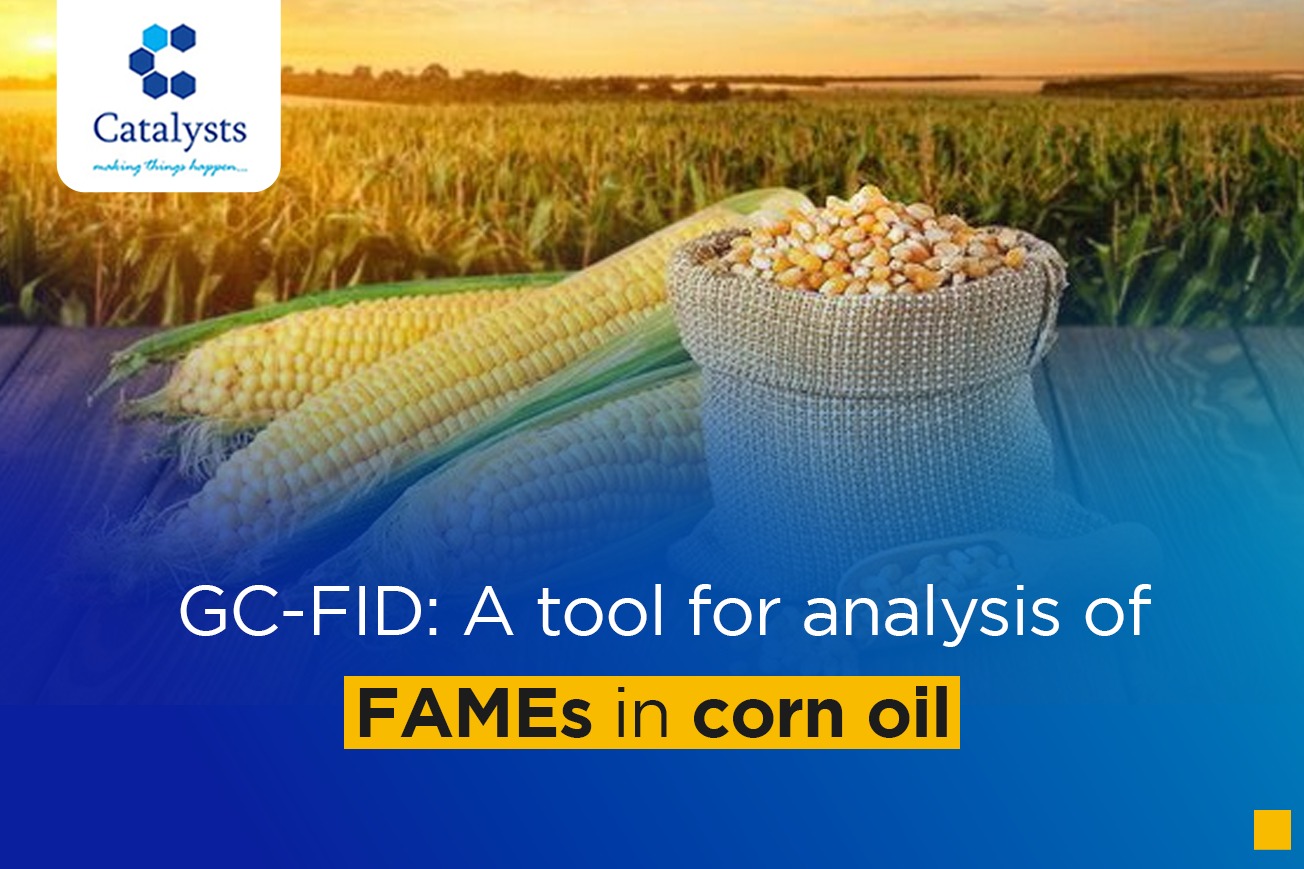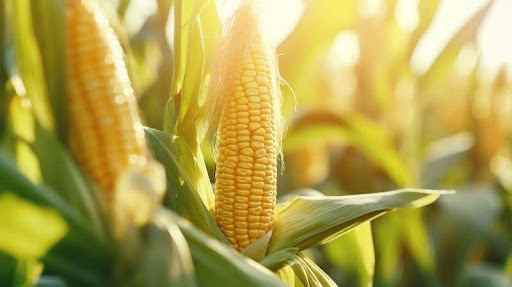
In the world of sugarcane processing and distilleries, yeast plays a critical role in ethanol production from molasses and grain feedstocks. While many people may assume that all yeast strains are the same, this article aims to debunk this myth by highlighting the diversity and significance of different yeast strains. In this issue of Catalysts Connect, we will explore the untapped potential of yeast and its impact on ethanol production.
Global Yeast Diversity: Yeast is a diverse group of microorganisms belonging to the fungi kingdom. Scientists have identified and characterized 2500 yeast species worldwide. Each yeast strain offers unique benefits and challenges in ethanol production due to variations in genetic makeup, metabolic capabilities, and fermentation characteristics.
Importance of Yeast Selection:
The choice of yeast strain has a significant impact on fermentation efficiency, ethanol yield, and overall product quality. Factors such as sugar utilization and stress tolerance vary between yeast strains. Hence, selecting the right yeast strain is crucial for optimizing ethanol production in terms of both quantity and quality.
The importance of yeast's appropriate characteristics for fermentation in ethanol production cannot be overstated. Selecting the right yeast strain is pivotal for optimizing the fermentation process. Traits such as fermentation efficiency, glucose utilization, and tolerance to high sugar concentrations directly impact the yeast's ability to convert sugars into ethanol effectively. High fermentation efficiency leads to rapid conversion, yielding optimal ethanol production. Efficient glucose utilization ensures maximum use of available sugars, enhancing ethanol output from raw materials. With industrial-scale ethanol production often yielding concentrated fermentation mediums, yeast strains with good osmotic pressure tolerance are vital to maintain a steady and efficient process.
Additionally, temperature and alcohol tolerance are essential to sustain fermentation activity as ethanol concentrations increases. By considering these characteristics and choosing suitable yeast strains, ethanol producers can enhance productivity, yield, and overall efficiency, contributing to a more sustainable biofuel industry.
Industry Perspectives:
High gravity fermentation is a common practice for the Indian ethanol industry to achieve highest possible output of alcohol. High gravity fermentation presents several challenges in ethanol production, affecting both yeast viability and overall process efficiency.
One notable challenge is the loss of sugar as residual sugar, wherein yeast strains struggle to fully utilize the sugars, leading to increased residual sugars at the end of fermentation. This results in a decrease in ethanol yield and a longer fermentation cycle, hampering overall productivity.
Furthermore, low gravity fermentation generates a higher volume of wastewater, adding to the environmental and economic burdens of ethanol production. The increased wastewater generation necessitates additional energy for downstream processing, impacting the overall cost and energy efficiency of the process.
Intolerance to ethanol stress is another significant challenge faced by yeast during high gravity fermentation. Yeast strains with low tolerance to ethanol-induced stress experience lower fermentation efficiency, leading to suboptimal ethanol production levels.
Moreover, yeast strains may exhibit lower cell counts, reduced viability, and slower budding due to their inability to cope with chemical stresses present in the fermentation medium. This adversely affects the fermentation process and further hinders ethanol production.
The effect of various parameters, such as residual sugar and yeast stress tolerance, on ethanol production reveals substantial monthly revenue losses of up to Rs 1.58 Cr for grain, Rs 1.77 Cr for syrup and Rs 1.93 Cr for molasses as feedstock in a 100 KLPD (Kilo Litres Per Day) plant. Moreover, an average loss of around 1-2% of ethanol in wash, caused by the use of unsuitable yeast strains, contributes to approximately 0.7 to 1.5 litres of extra wastewater generation per litre of ethanol produced. For a 100 KLPD plant, this loss translates to an extra 70-150 KL (Kilo Litres) of wastewater generated. This loss accounts for around 10-20% decrease in ethanol production and results in an additional cost of 30 Lakhs INR on the treatment of excess generated wastewater annually.
Addressing the challenges of high gravity fermentation is crucial for enhancing yeast viability, ethanol yield, and wastewater management in ethanol production. By selecting yeast strains with higher stress tolerance and optimizing fermentation conditions, ethanol producers can minimize losses, improve efficiency, and ensure a more sustainable and cost-effective ethanol production process.
Factors to Consider When Selecting Yeast for Ethanol Production:
When selecting yeast for ethanol production, several key factors should be considered to ensure optimal fermentation efficiency and ethanol yield. These factors include:
1. Fermentation Efficiency: Choose yeast strains with high fermentation efficiency to maximize the conversion of sugars into ethanol.
2. Stress Tolerance: Opt for yeast strains that can withstand stress conditions, such as osmotic stress from sugar and ethanol, to ensure robust fermentation performance.
3. Glucose Utilization: Select yeast strains that efficiently metabolize glucose to fully utilize the primary sugar present in the raw materials.
4. Ethanol Tolerance: Consider yeast strains with good ethanol tolerance to sustain fermentation activity as ethanol concentrations increase.
5. Nutrient Requirements: Ensure that the selected yeast strain has appropriate nutrient requirements for healthy growth and optimal fermentation.
6. Organic Acid Tolerance: Choose yeast strains with low organic acid production or those capable of tolerating higher levels of organic acids to avoid fermentation inhibition.
7. Inhibitor Tolerance: Evaluate yeast strains' capability to withstand the presence of inorganic inhibitors like salts, which can hinder fermentation.
By carefully assessing these factors, ethanol producers can make informed decisions and choose yeast strains that best align with their production requirements, ultimately leading to higher ethanol yields and improved efficiency in the biofuel production process.
It is important to note that yeast selection should be based on a combination of laboratory evaluations, field trials, and industry experience. Distillers may also consult with yeast suppliers to determine the most suitable yeast strain for their specific ethanol production requirements.
Conclusion:
In conclusion, yeast is crucial for ethanol production from molasses and grain feedstocks. Different yeast strains offer untapped potential for better fermentation efficiency and ethanol yield. However, challenges like residual sugar and stress tolerance highlight the importance of choosing the right yeast.
To unlock the full potential of yeast in ethanol production, we encourage distilleries and ethanol producers to take advantage of our free audit worth ~ 45,000 rupees. Our team will conduct a comprehensive evaluation of your current fermentation process, yeast selection, and production parameters. Through this audit, we aim to identify opportunities for improvement and offer tailored solutions to enhance ethanol yield, minimize revenue losses, and ensure a more sustainable and cost-effective ethanol production process.
Contact our business development team on 9582963000 or email us on dm@thecatalystsgroup.com today to embark on a journey of unleashing the true power of yeast in ethanol production. Together, we can revolutionize your ethanol production process and pave the way for a greener, more efficient biofuel industry.
#Yeasts
Recent Posts

Rapid Corn Oil Estimation with Near-Infrared Spectroscopy: An Effective Analytical Technique with Ne
Explore the effectiveness of near-infrared spectroscopy in rapidly estimating corn oil, providing new perspectives and enhancing analytical techniques in agriculture.

GC-FID: A tool for analysis of FAMEs in corn oil
Explore GC-FID, the essential tool for accurate FAME analysis in corn oil. Unlock detailed insights and improve your research outcomes today.

The Role of Enzymes in Maize-to-Ethanol Fermentation
With the rising demand for renewable energy sources and sustainable fuel alternatives, ethanol production has gained significant momentum worldwide. Ethanol, also known as bioethanol, is a biofuel commonly used as a renewable alternative to fossil fuels. One of the most popular feedstocks for ethanol production is maize (corn), primarily due to its high starch content, wide availability, and suitability for large-scale production.
Catalysts Connect
Keep up to date with our latest news and analysis by subscribing to our regular magazine and newsletter


-1707212892.PNG)
Post a comment
Your email address will not be published.